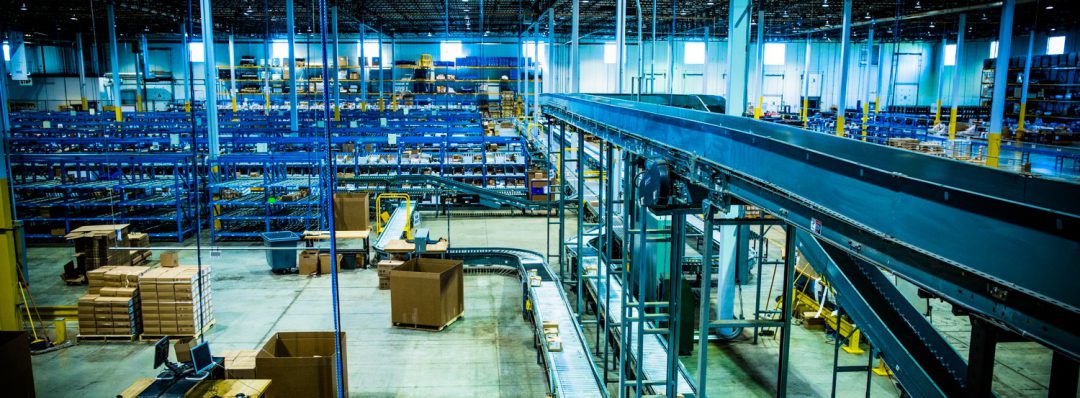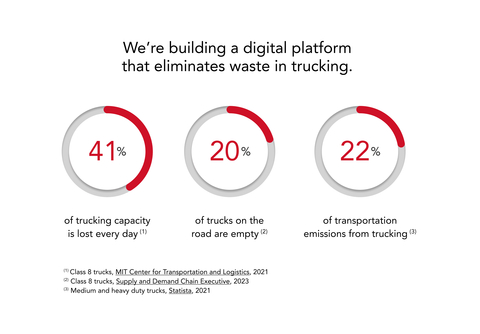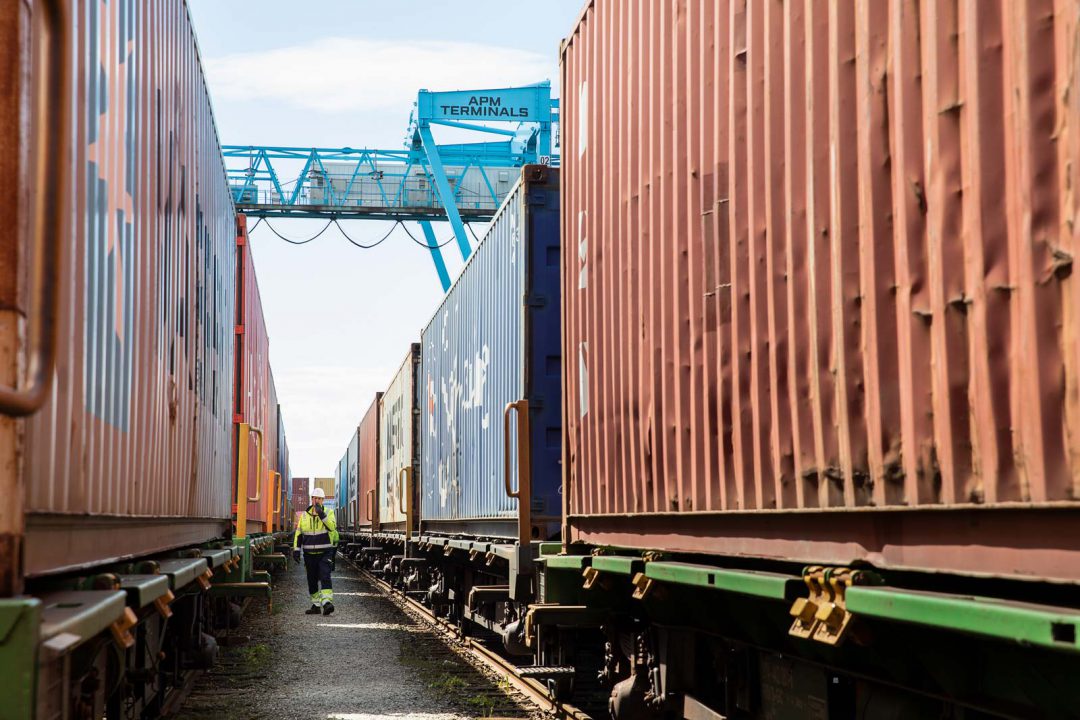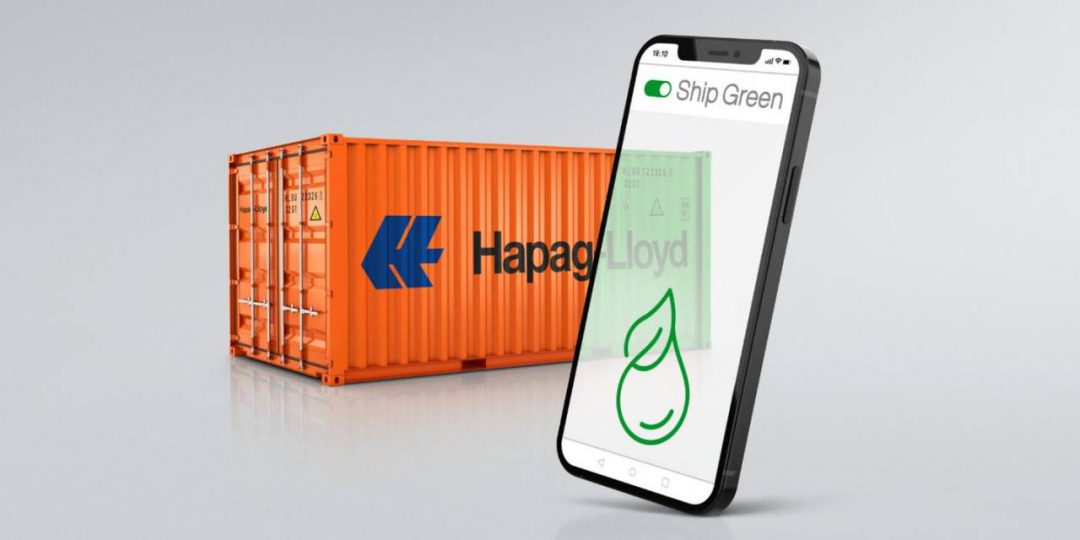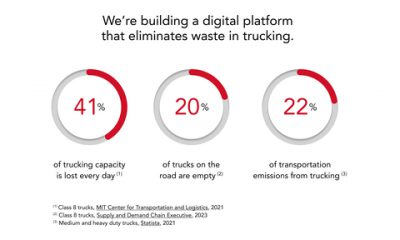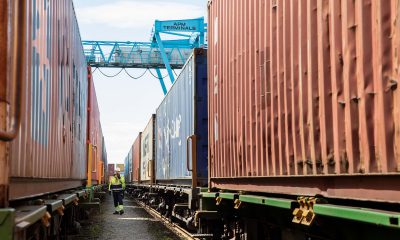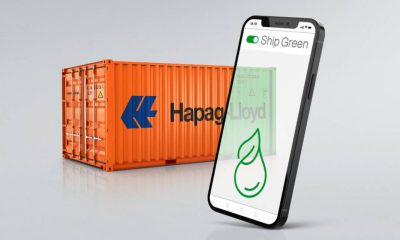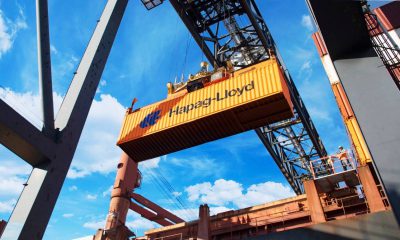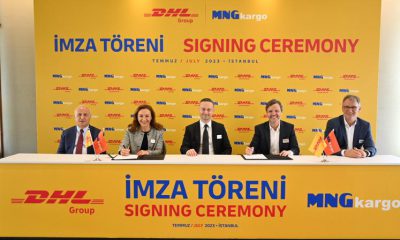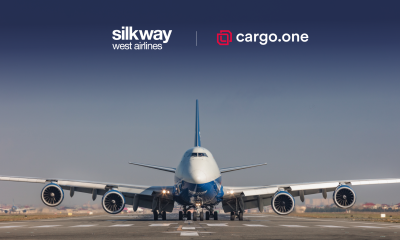CMA CGM Group, a world leader in shipping and logistics, and Ingram Micro have signed a Share and Asset Purchase Agreement for the CMA CGM Group to acquire most of Ingram Micro’s Commerce & Lifecycle Services activities, including Shipwire and the company’s technology forward logistics businesses in North America, Europe, Latin America and Asia-Pacific. The remaining portions of the existing CLS business will be retained by Ingram Micro. The enterprise value of the transaction is USD 3.0 billion.
Strengthening CMA CGM Group’s offering in logistics to support its customers’ supply chains
The Ingram Micro CLS business being acquired specializes in eCommerce contract logistics and omni-channel fulfillment. The transaction includes Shipwire, a cloud-based logistics technology platform. The acquired business represents estimated annual revenues of USD 1.7 billion in 2021 and employs 11,500 staff members worldwide across 59 warehouses, with a strong presence in the U.S. and in Europe.
This acquisition illustrates the CMA CGM Group’s commitment to strengthening its position as a global leader in shipping and logistics. Between CEVA Logistics and the CLS business, the combined logistics workforce will constitute approximately 90,000 people across nearly 1,100 sites in 160 countries. The combination of CEVA Logistics and Ingram Micro CLS activities will create the fourth-largest global provider of contract logistics services. Michiel Alting von Geusau, currently Executive Vice President, and President of Global Commerce & Life Cycle Services for Ingram Micro, will continue to lead the business within CEVA Logistics.
This acquisition will further complement CEVA Logistics offering in the contract logistics industry and support its objective to become a Top 5 global third-party logistics player. CEVA is already ranked in the Leaders quadrant by Gartner in its 2021 Magic Quadrant Third-Party Logistics Worldwide report.
Reinforced exposure to rapidly growing eCommerce space
Ingram Micro’s CLS business will complement CEVA Logistics’ existing eCommerce business and accelerate its growth in key market segments, such as technology, retail and fashion. The CLS business has a strong base in contract logistics with excellent eCommerce capabilities including reverse logistics management, parcel visibility, and same-day delivery.
The Shipwire order fulfilment platform provides flexible eCommerce logistics solutions for small and medium-sized companies. Shipwire will be able to access CMA CGM’s client base of more than 100,000 customers and CEVA’s warehouses to accelerate its development and extend its global footprint.
Together, CEVA Logistics and the CLS business will be one of the world’s leading end-to-end eCommerce services.
Accelerating CMA CGM Group’s investments and supporting its strategic growth
This acquisition is part of the CMA CGM Group strategy to build and develop extensive transportation and logistics solutions in support of its customers’ supply chains. The Group is accelerating investments to strengthen its shipping and logistics network, targeting solutions designed to increase supply chain resiliency and fluidity.
The CMA CGM Group intends to fund this acquisition from its own resources. The closing of this transaction is subject to customary conditions, including regulatory approvals by relevant authorities. The transaction is expected to close during the first half of 2022.
Rodolphe Saadé, Chairman and CEO of the CMA CGM Group, said, “The acquisition of Ingram Micro CLS is strategic for the CMA CGM Group. After completing its turnaround this year, our subsidiary CEVA Logistics will accelerate its development and join the world’s Top 4 in contract logistics. Its position will be significantly strengthened in the U.S. and European markets, enhancing its ability to seize the opportunities offered by the boom of eCommerce. Committed to providing leading end-to-end supply chain solutions, the CMA CGM Group will continue its development, relying on two solid pillars, shipping and logistics, with a world leadership position in both sectors.”
Alain Monié, CEO of Ingram Micro, said, “CMA CGM Group is committed to investing in the technology, capabilities, and talent to rapidly become one of the world’s largest players in the global ecommerce space. With a mission of enabling businesses to grow and communities to thrive, I am confident this is an excellent fit for our dynamic, innovative, and solutions oriented CLS team.”
Jacob Kotzubei, Partner at Platinum Equity, and Matthew Louie, Managing Director at Platinum Equity, which acquired Ingram Micro in July, said “We have great respect for CMA CGM Group and believe CLS is an excellent fit with CEVA Logistics. This move allows Ingram Micro to focus on the growth and expansion of its core technology distribution and cloud services capabilities. We will continue to invest in growing those businesses organically and through prospective acquisitions.”
